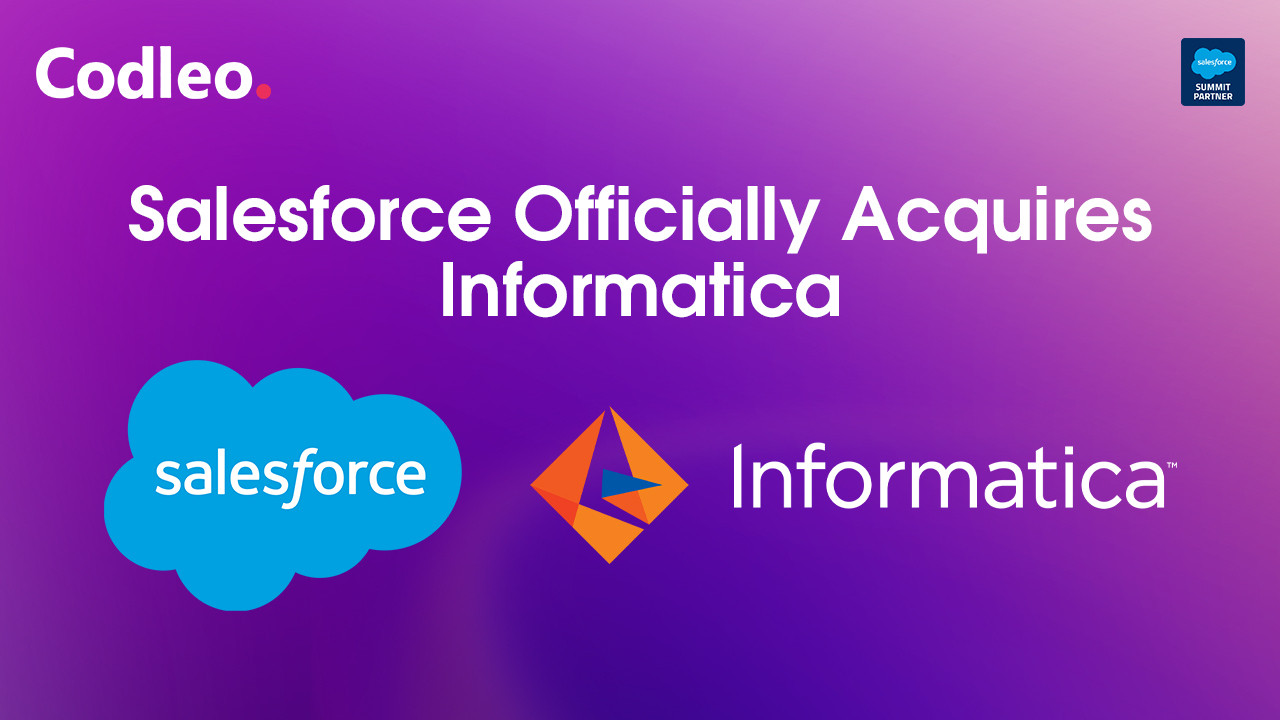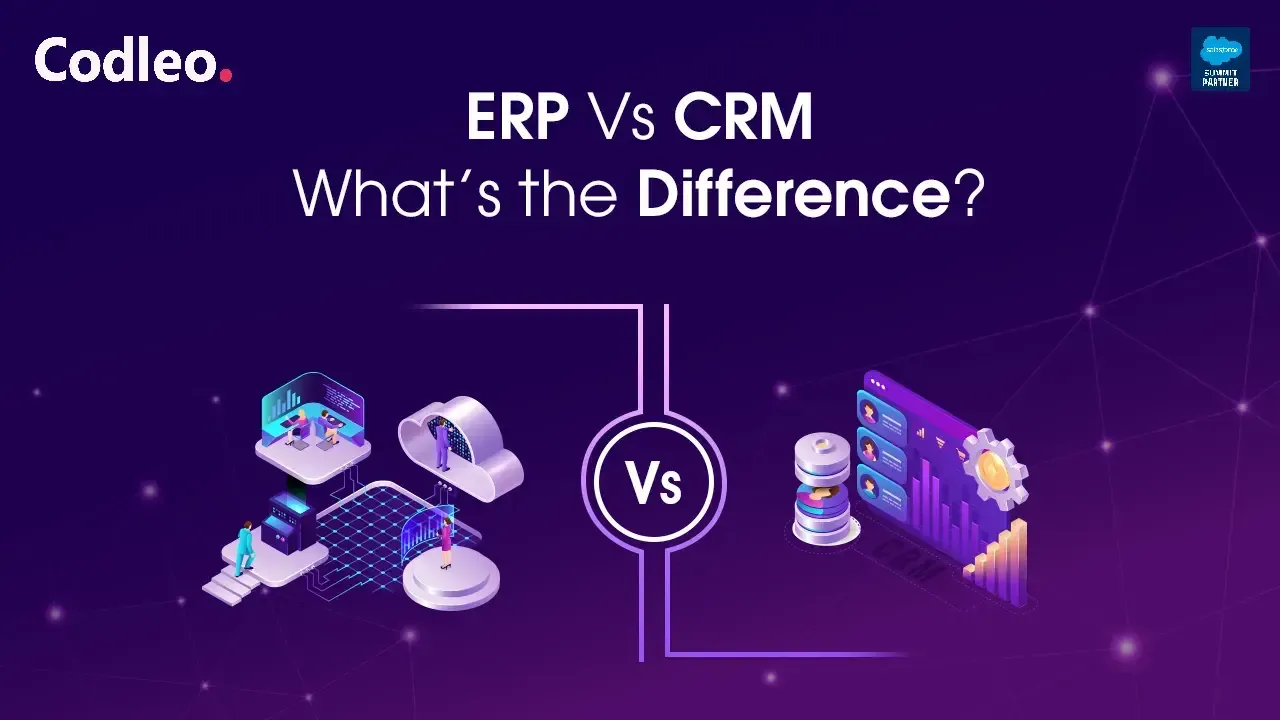Publish date:
Salesforce has become an essential tool for over 150,000 organizations worldwide, serving as a foundation for their daily operations. The effectiveness of a Customer Relationship Management (CRM) system like Salesforce largely hinges on its proper implementation and the team's expertise. Within a Salesforce team, various roles exist, but the roles of Salesforce Consultant and Administrator often need to be clarified regarding their specific functions.
To clarify these roles, let’s start with the basics: who is responsible for what, and how do they contribute to the organization’s success?
Salesforce Admin vs. Salesforce Consultant: Who’s Who?
As previously discussed, a Salesforce Administrator knows the CRM inside and out. They are well-versed in the platform's intricate details and typically take on various roles, including general administration, business analytics, and providing professional training support.
Sometimes, you may come across individuals called “accidental administrators.” As the name suggests, these individuals find themselves in this role by chance. Often, they possess solid IT skills and are either seeking a change in their career path or eager to learn more about Salesforce. Many have prior experience in CRM management. However, organizations must ensure that these accidental administrators have a firm grasp of their responsibilities, as a lack of expertise can potentially harm business operations.
On the other hand, a Salesforce Consultant—whether an individual or a consulting firm—focuses on implementing and optimizing the Salesforce platform within an organization. Their responsibility encompasses the entire implementation process, from the initial conceptualization of the solution to its successful adoption by both the organization and its users. Throughout this journey, consultants maintain a close partnership with their clients. They must deeply understand the client’s processes to translate them into the CRM effectively. It includes determining what can be achieved through declarative implementation, understanding the capabilities of the current platform version, and identifying any necessary development work.
In essence, a Salesforce Consultant manages the functional analysis and implementation of the platform by identifying essential requirements and providing a well-designed technical solution with proper configuration. Their goal is to maximize Salesforce's potential for the organization. To accomplish this, consultants must define objectives, allocate budgets, identify key performance indicators (KPIs), create implementation plans, and conduct testing and validation, among other tasks. Unsuccessful Salesforce consultants should possess solid business acumen and a thorough understanding of CRM systems.
Responsibilities of Each Role
While we’ve discussed the roles generally, it’s important to outline what you can expect from a Salesforce consultant compared to a Salesforce administrator.
Salesforce Administrator
-
Customization: Tailors the Salesforce solution to meet the organization's specific needs by applying configuration changes.
-
User Management: Oversees user accounts and permissions within the Salesforce platform.
-
Reporting: Generates insightful Salesforce reports and dashboards, making it easy for teams to access key information.
-
Workflow Creation: Develops and manages custom workflows to streamline processes.
-
Security and Data Protection: Ensures data security, access controls, and protection of sensitive information.
-
Training and Support: This department plays a vital role in training and coaching new users on the CRM platform and providing ongoing support for the organization.
Salesforce Consultant
-
Needs Assessment: Identifies and analyzes the client’s needs to determine necessary processes for implementation.
-
Innovative Solutions: Provides efficient and creative solutions tailored to the client’s requirements.
-
Functional Analysis: Develops capabilities in functional analysis related to Salesforce.
-
Strategic Design: Design strategies specifically aligned with the organization’s needs to ensure long-term project success.
-
Business Process Mastery: Master various business processes to effectively implement Salesforce solutions.
-
Comprehensive Learning: Gains knowledge across different areas of the platform to create effective methodologies for work.
-
Diagnostics and Validation: Conducts diagnostics and validations to ensure the solution meets established criteria and client expectations.
Required Skills
Skills play a crucial role in distinguishing between the two positions. Here’s a breakdown of the essential skills for each role:
Salesforce Administrator
-
Organizational Knowledge: Possess a solid understanding of the entity’s organizational structure and business logic to foster strong relationships with key stakeholders.
-
Project Management: exhibits good project management and analytical skills to implement changes and customizations as needed.
-
Communication Skills: Demonstrates excellent presentation, oral communication, and interpersonal skills, with a motivational approach to engage various audiences.
Salesforce Consultant
-
Solution Design Expertise: Has knowledge and experience in designing and implementing Salesforce solutions tailored to client needs.
-
Pre-Sales Proficiency: Handles pre-sales tasks and effectively presents proposals to potential clients.
-
Platform Mastery: Mastery of Salesforce as a CRM, including a clear understanding of what can and cannot be done in a standard way according to the latest releases.
-
Technical Skills: exhibits strong computer skills within a creative environment, going beyond traditional IT functions.
-
Organizational and Proactive Approach: Demonstrates high organizational skills and proactivity in managing projects.
-
Active Listening and Empathy: engages in active listening with assertive communication, showing empathy toward clients while possessing strong leadership abilities.
-
Knowledge Transfer: Can effectively transfer best practices learned from previous consulting experiences to new clients.
Other Differences Between Both Roles
To further assist in distinguishing between these two roles, here are some additional points to consider:
Time Commitment
Typically, a Salesforce administrator works continuously within the organization, fostering a long-term business relationship. In contrast, Salesforce consultants usually operate externally, resulting in shorter engagements limited to the project timeline unless the organization opts to maintain a partnership with the consulting firm.
Cost Implications
The duration of relationships between the organization and its administrators or consultants significantly affects costs. Administrators, as full-time employees, incur overhead costs associated with hiring. In contrast, consulting partners typically bill only for the time spent on specific projects, hourly or through time-limited contracts.
Knowledge Base
Administrators generally possess a more comprehensive and in-depth understanding of CRM systems due to the specificity of their roles. Consultants, on the other hand, not only have platform knowledge but are also well-versed in business trends and technology. This expertise enables them to optimize Salesforce’s capabilities through effective integrations. Additionally, consultants may specialize in one or more aspects of CRM.
Adaptability
Given Salesforce's dynamic nature, changes, integrations, and customizations are common during implementation. Administrators are often more adept at adapting and executing changes on the fly. Conversely, consultants adhere closely to a predefined plan and may need more preparation to adjust mid-implementation.
In conclusion, hiring a Salesforce Administrator or a Consultant depends on your organization’s specific goals, needs, and budget. These roles are not mutually exclusive; they can coexist within the same organization, and sometimes, having both can be ideal. In practice, these roles have many instances of overlap and complementarity. At SkyPlanner, a trusted Salesforce consulting partner, we have proven experience and a certified team ready to support your organization in both capacities. Contact us to learn more!















